Introduction
Lamb might not make the protein of choice for some people other than on special occasions, but it is rich in a variety of nutrients from vitamin B12 to selenium and zinc. But can dogs eat lamb?
We’re answering this question and more in today’s article and also giving you some lamb meat benefits, addressing food intolerances, and describing some risks associated with feeding lambs to pets.
Is Lamb Good for Dogs?
Iron
Although dogs are less prone to iron deficiency and subsequent anemia, it is still an important mineral involved in a variety of body processes, mostly relating to red blood cells.
100 grams of lamb contain about 10 grams of iron, so this type of meat is perhaps among the richest in this nutrient of all.
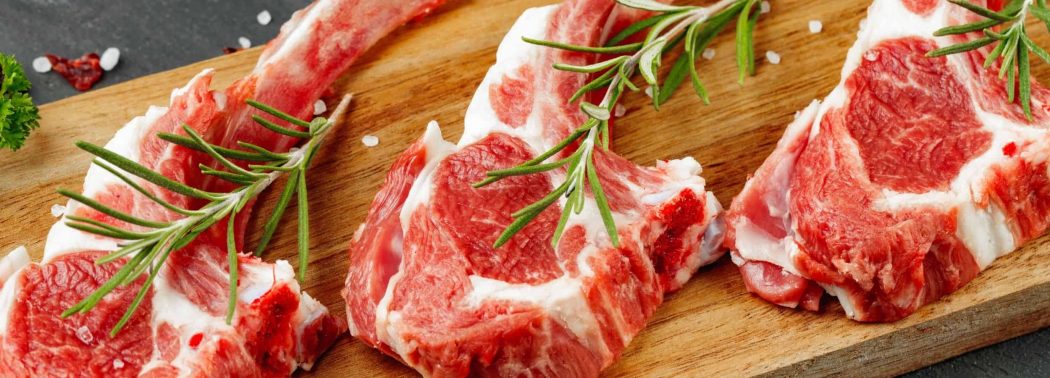
Vitamin B complex
The B vitamin complex is extremely important, not just for your dog’s immune system and health, but for specific functions such as making sure that your pet’s nervous system functions properly.
Lamb is rich in vitamins B6, B2, B5, and B3. Chicken and turkey contain these nutrients, too, but usually in smaller amounts.
Immune-boosting Nutrients
Alongside other contents in lamb, zinc is one of the nutrients that has been shown to promote DNA and protein synthesis, maintain a well-functioning immune system and aid in wound healing.
Omega 3 Fatty Acids & CLA
These two are essential when it comes to keeping your dog’s cardiac health in check. Omega 3 fatty acids can be found in certain types of fish, too, but it’s less common in meat types.
Lamb is the exception. Also, CLA (conjugated linoleic acid) has been found to improve lean muscle mass, therefore aiding in the recovery of patients that have gone through surgery, and it even helps obese dogs to lose a bit of weight.
Protein Rich
Did you know that just 3 ounces of lamb contain as much as 23 grams of protein? If you’ve done a little research about dogs’ diets before, you probably know that they need protein to thrive.
Protein makes it possible for your dog’s muscles and tissues to develop properly, and it also ensures that your pet’s skin and hair health are up to par.
Is Lamb Bad for Dogs?
Bacterial contamination
Can my dog eat mutton meat that hasn’t been cooked? The answer to this question is a hard no.
If you do not have access to extremely fresh lamb meat that you can portion and freeze right away, you are effectively putting your dog’s health in danger by manipulating raw meat that you have purchased from the refrigerated section of your local supermarket.
Any cut of lamb can contain a bacterium called Escherichia coli, which can cause severe digestive distress in pets. However, cooked lamb is safe to give to dogs as temperatures higher than 160 degrees F can kill this microorganism.
Exposure to carcinogenic substances
This is a risk that all pet owners take when giving their dogs virtually any type of meat. If the lamb that you have purchased is not considered organic, the animal might have been exposed to a number of chemicals.
Organically grown lamb has not been in contact with weed killers or pesticides from pastures and has also not been treated with medications that could, later on, cause antibiotic resistance in your dog.
Choking hazards
While lamb bones are considerably better in this sense compared to chicken or turkey bones, they still present a choking hazard, especially when they are cooked.
So, if you want to give your dog a nice treat that they can chew on whenever they feel like, we suggest deboning the lamb meat raw and only then offering the bone to your pet. Larger bones are safer than smaller ones as the risk of your dog breaking them up into pieces is lower.
How Much Lamb Can My Dog Eat?
Since dogs come in many sizes mostly depending on their breed, age, and health factors, there is no universal serving size for lamb meat. However, it can be offered as a treat every now and then, especially if your dog is a great mutton aficionado.
You can also create a set schedule where you feed your dog lamb meat twice a week. A varied diet is the best for all dogs because they have a lower likelihood of developing food allergies.
Dogs that are fed lamb diets all their life have the biggest chance of becoming allergic to chicken so switching things up once every couple of days can prevent this from happening.
Talk to your veterinarian about the ideal diet that your pet should have and then you can tell whether lamb can become the main component of their diet or can be given only as a snack.
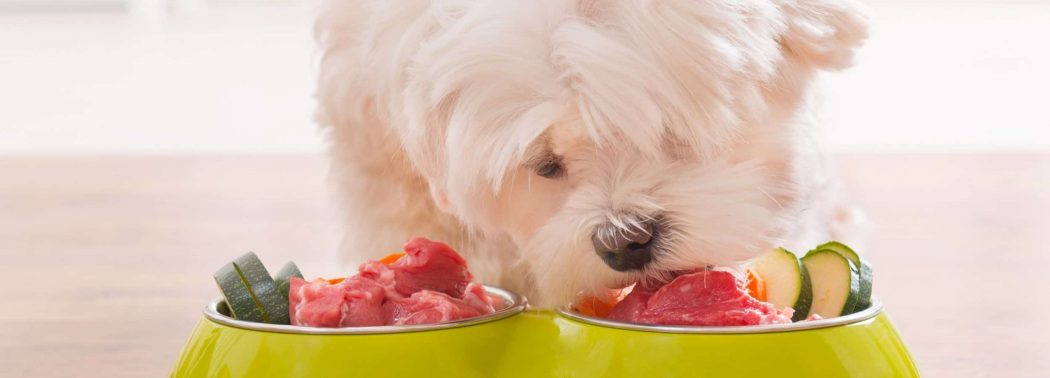
How to Prepare and Serve Lamb to Your Dog
Cooked lamb is the best, whether that’s lamb chops, organs, or any other parts. There are several ways of preparing it for your dog. You can boil it, roast it in the oven, or even grill it.
What’s important about any of these serving ideas is that you should never give your dog leftovers from your meals. The reason for this is that the food that you prepare for yourself and your family most likely contains salt, spices, and seasonings, and some of these ingredients can be risky for dogs.
Garlic and onion are dangerous, but so are other types of seasonings, so the best type of lamb meat to give to your pet is cooked and bland.
Frequently Asked Questions
While lamb bones are generally safer than those of other species, the truth is that they can still be split up into splinters that can cause intestinal blockages or internal hemorrhages.
They are best avoided, but if you really must, give your dog only raw large lamb bones to chew on and replace them on a regular basis so that they do not become worn out.
Although in the past, lamb meat was considered a novel protein, now it no longer can be looked at as such. It’s a common ingredient in commercial dog diets, so lots of pets are exposed to it throughout their lives.
If you constantly feed your dog lamb and never switch between meats, your dog can become allergic to it.
Yes. All sheep and lamb horns are edible, which means that they can provide your pet with hours upon hours of chewing entertainment. They are now available in stores, too, from brands like Icelandic+.
Yes, but we suggest cooking them before feeding them to your dog. That might mean that they become chewy, but your pet is probably not going to be bothered by the consistency.
The lungs, the bronchial tubes, and the membranes are all safe when cooked properly as sheep are carriers of several parasites, such as Dictyocaulus filaria or Muellerius capillaris.
If you are referring to the cooked bones, no. On the other hand, if you are referring to the cooked meat on the bones, then yes.
No. Most vets advise against raw meat diets and for a good reason, too, as they can always put your dog’s health at a risk. However, if the meat is fresh and you handle it with gloves and you also freeze it in portions, you might be allowed to give your dog small amounts of it.
Cooked lamb kidney meat is extremely rich in nutrients and it also keeps your dog full for a longer amount of time. It makes for a great snack but since it is so calorie-rich and nutrient-dense, we suggest giving it to your dog only on occasion.
Yes. Lamb mince is rich in the best nutrients of all, such as vitamins, iron, amino acids, omega 3 fatty acids, CLA, and obviously, protein. Cooked mince is excellent for dogs.
The answer to this question is also a yes, especially since lamb hearts are packed in iron, thiamin, vitamin B12, as well as vitamin B6. Most pet owners prefer to bake lamb heart meat and give it to their pets as occasional treats.
Most vets advise against giving lamb shanks to dogs as they can develop digestive issues due to swallowing the bones in their entirety.
Yes. The liver of sheep and lambs is rich in essential fatty acids, iron, zinc, copper, as well as vitamins A and those from the B complex. You can cook the liver in the oven or simply boil it.
Summary
Lamb meat is generally safe to feed to most dogs. If you’d like to prevent any health issues, we suggest staying clear of the bones. Lamb organ meat is just as safe as the mince, so don’t be afraid to give some to your dog every now and then.
Make sure you do not season any of the cooked lamb as some ingredients that we, humans, use for cooking, can be very dangerous for dogs.
If you have any doubts about giving your dog any part of the lamb you’ve bought, simply call your veterinarian.
Sources
- Lungworm and Other Respiratory Disease in Adult Sheep, NADIS, 2020
- Hypertension after ingestion of baked garlic (Allium sativum) in a dog, Min-Hee Kang, Hee-Myung Park, 2009
- Salt, hypertension and renal disease: Comparative medicine, models, and real diseases, A. R. Michell, 1994
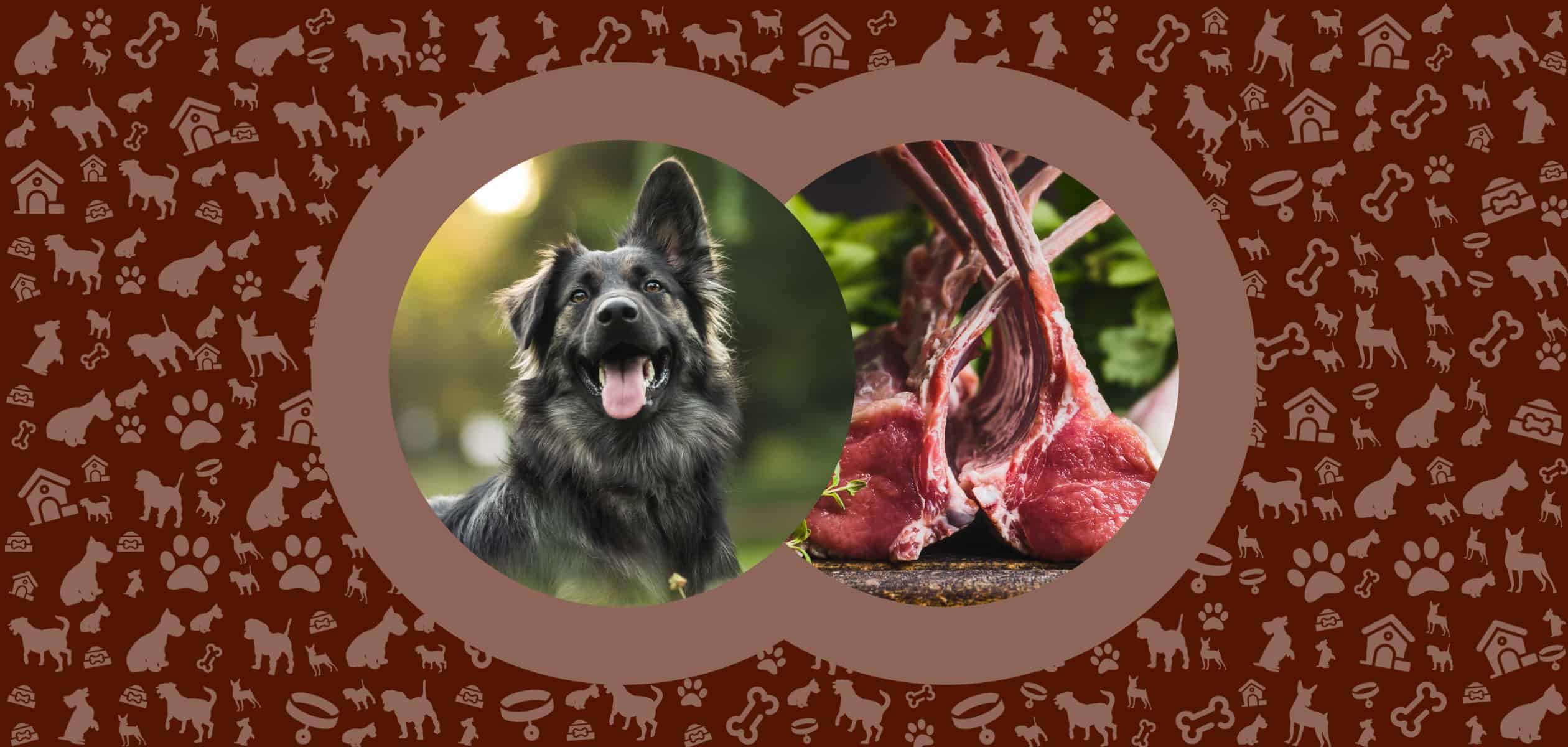
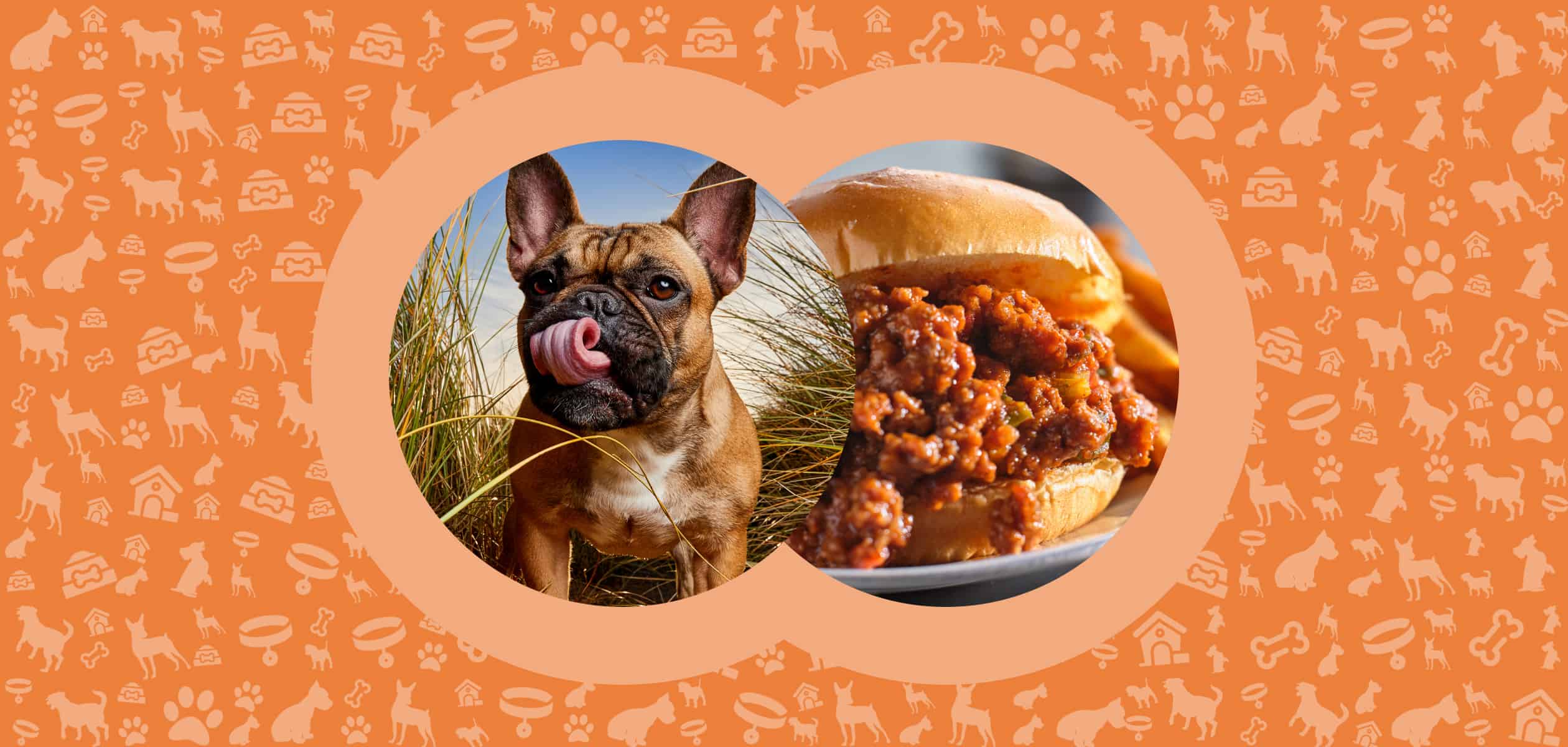
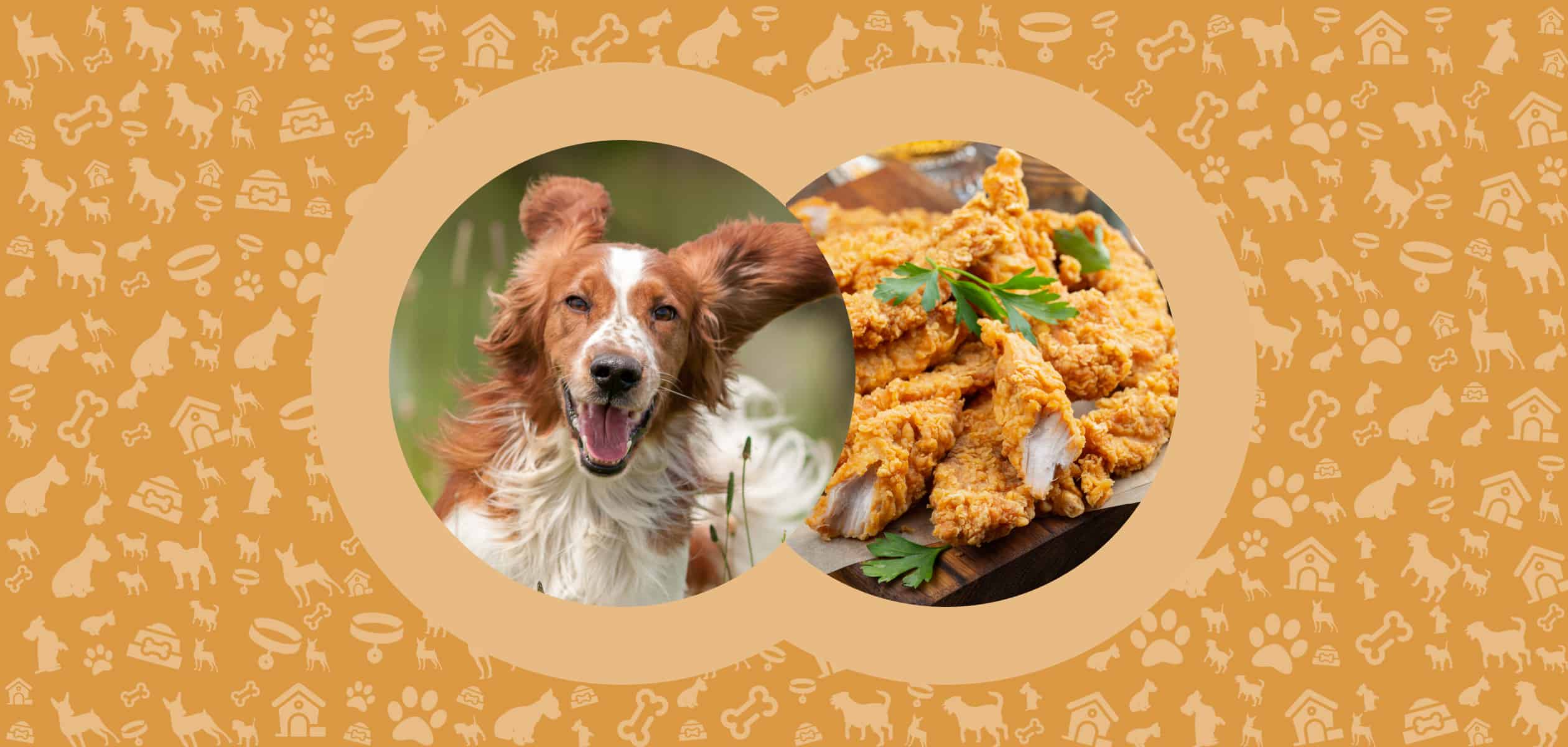
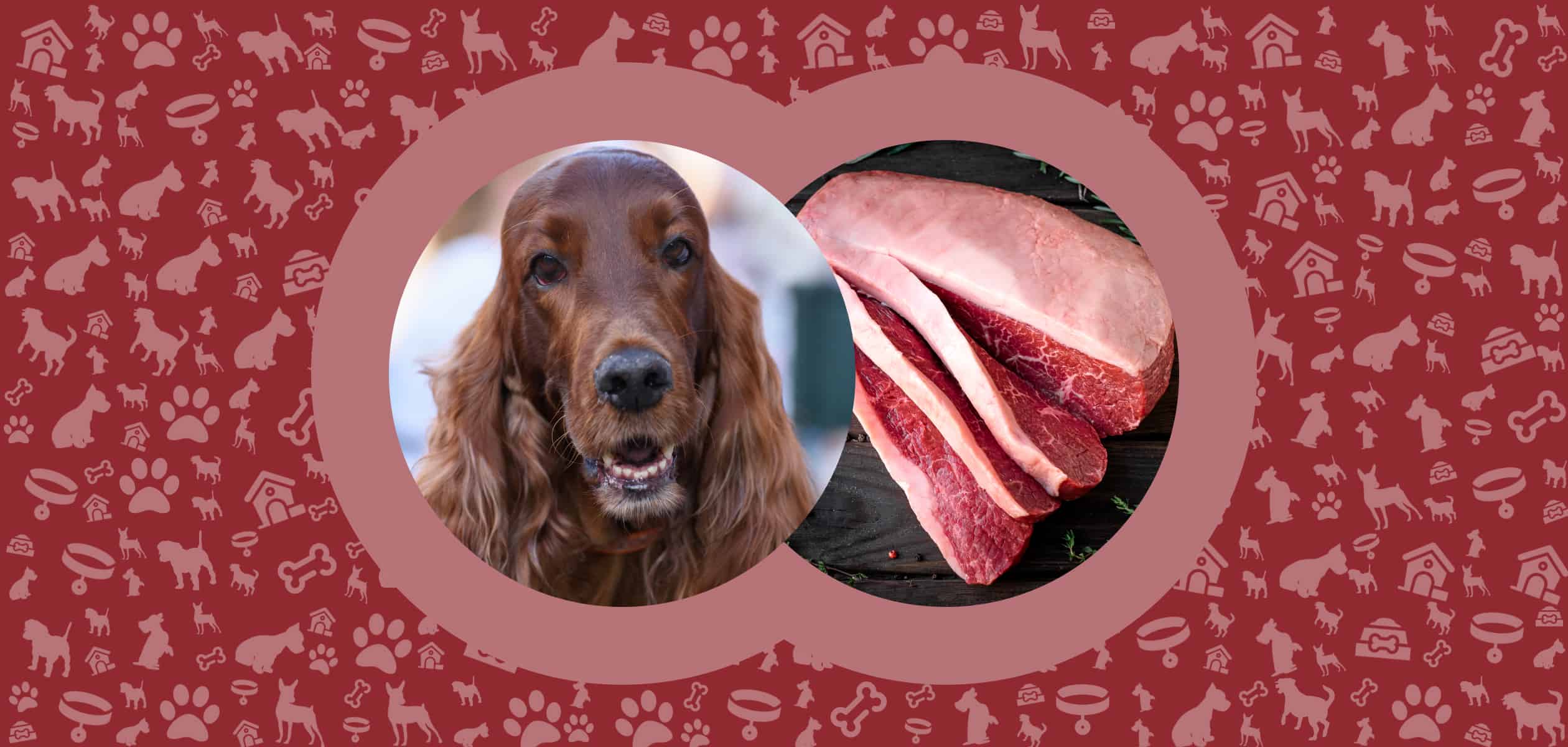
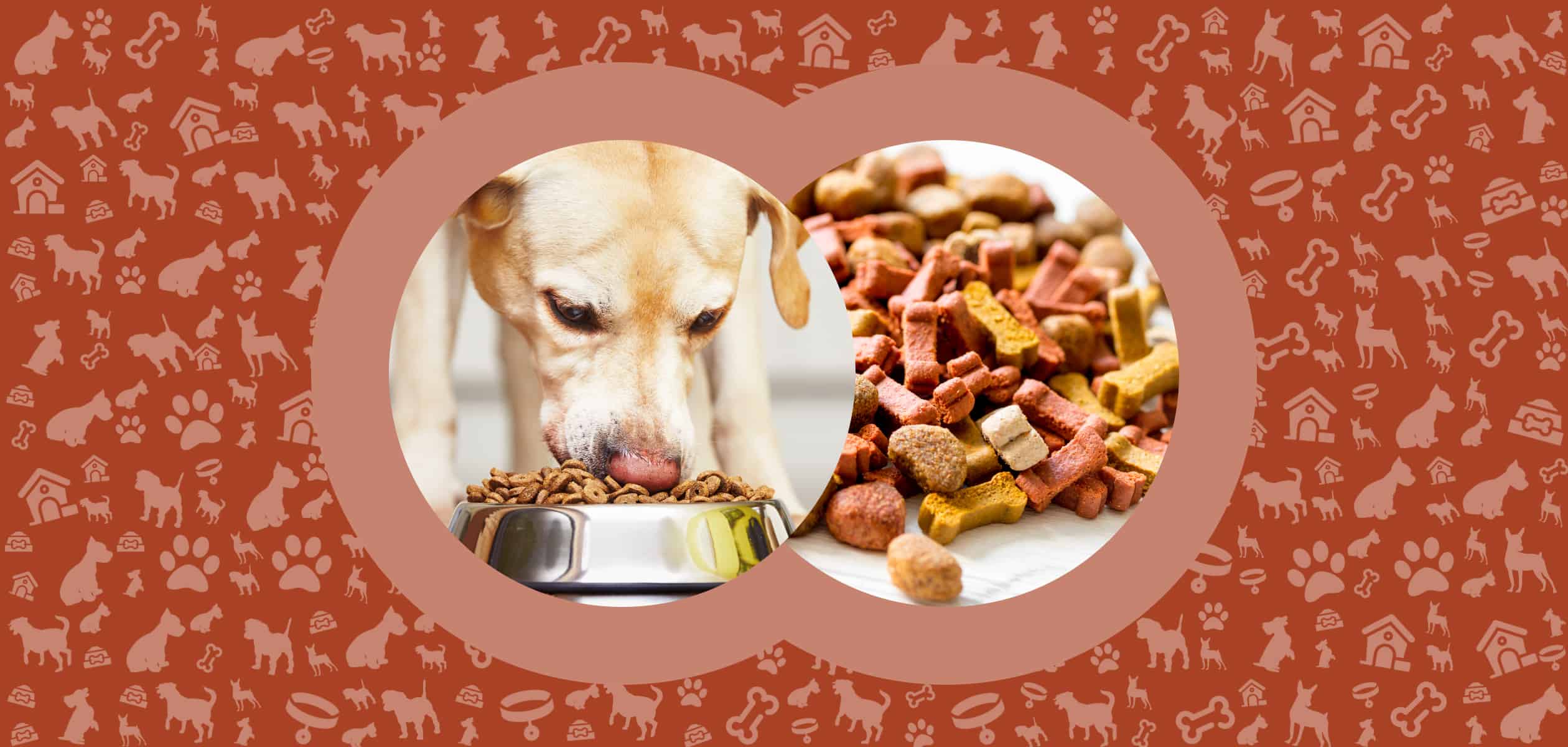
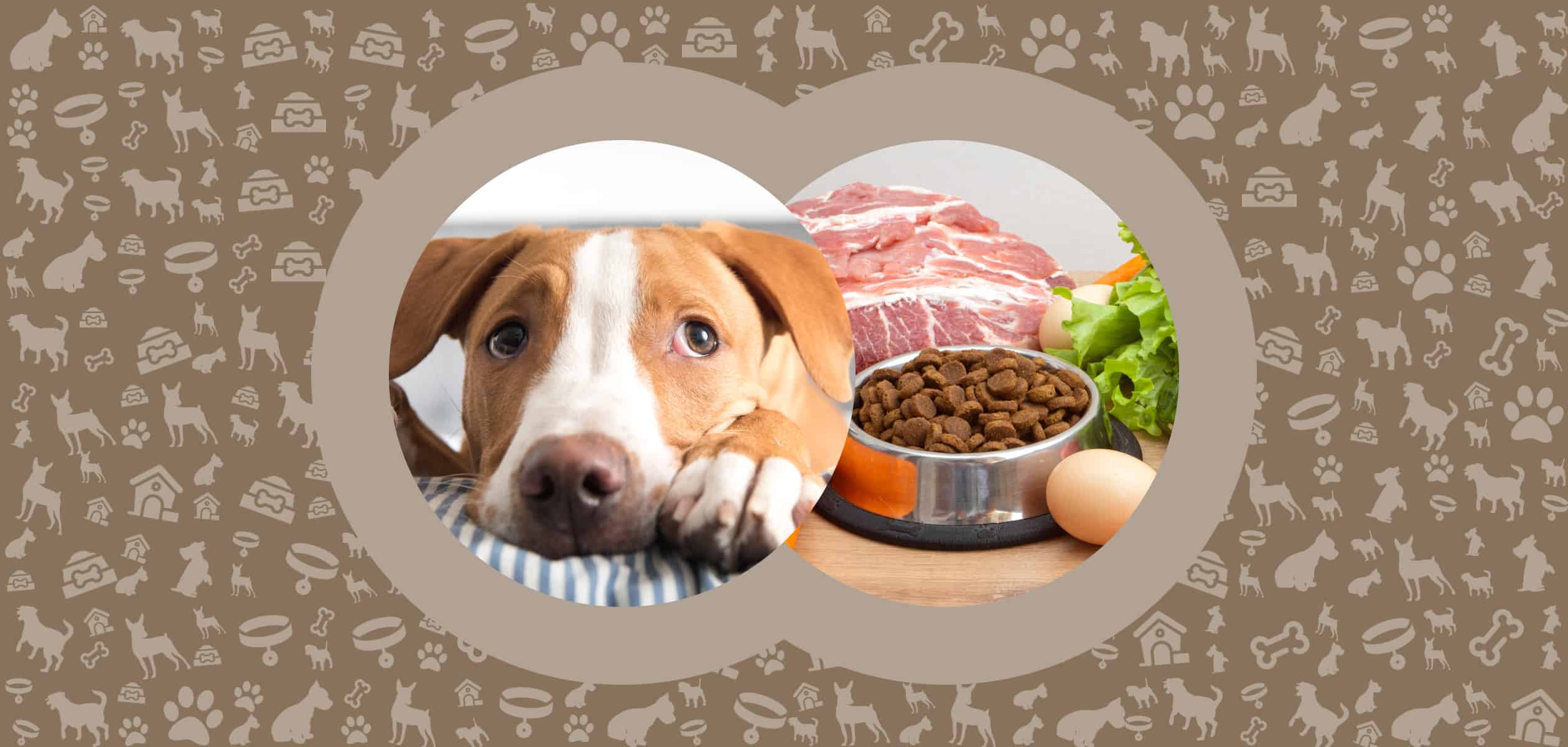
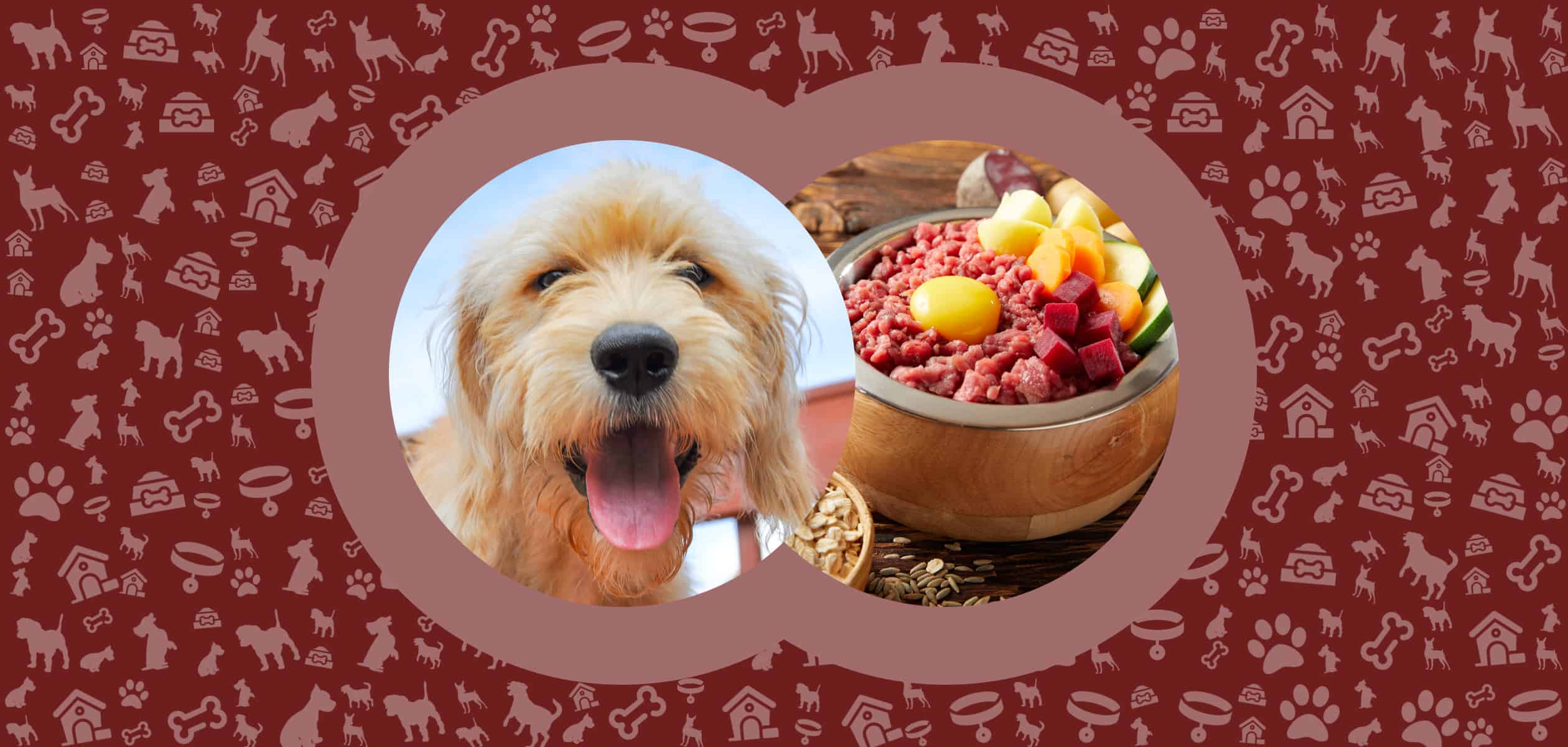
Leave a Comment